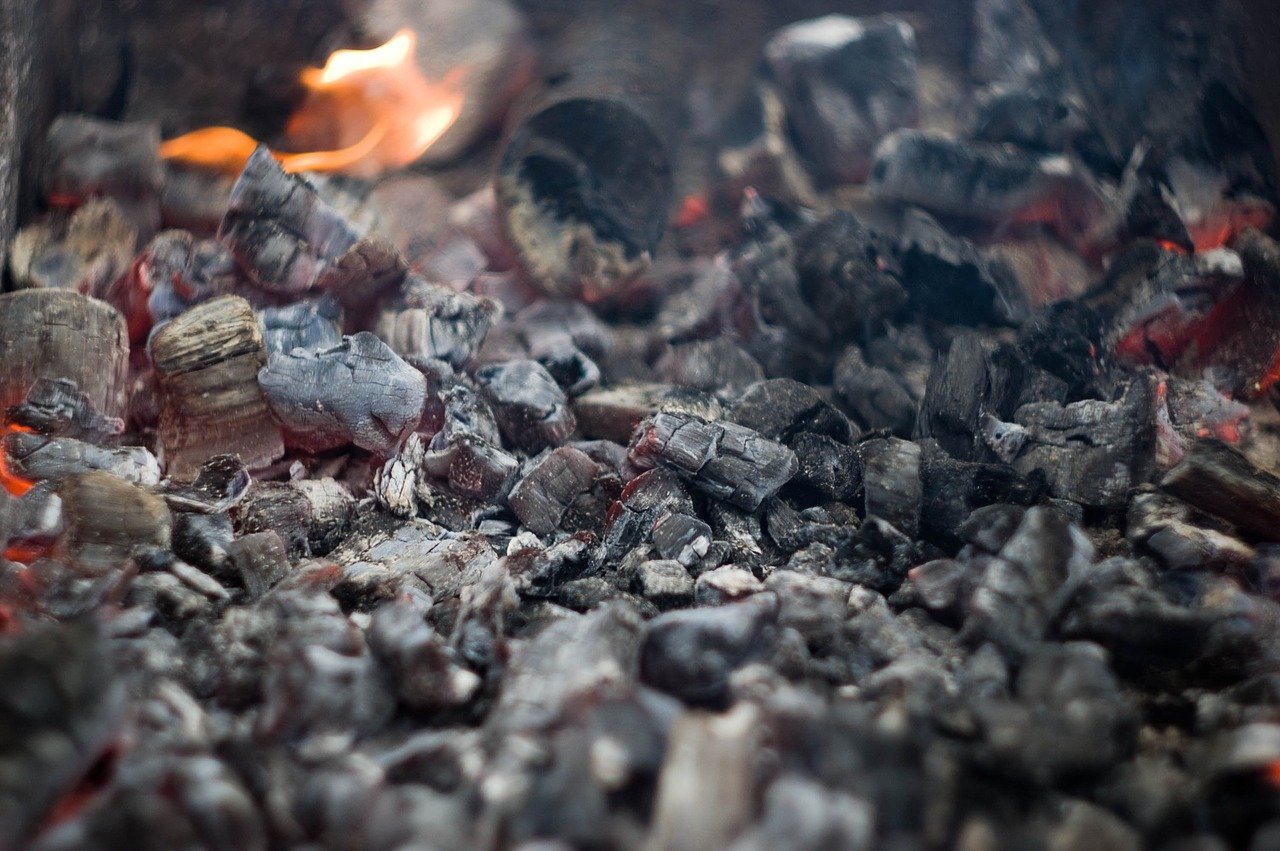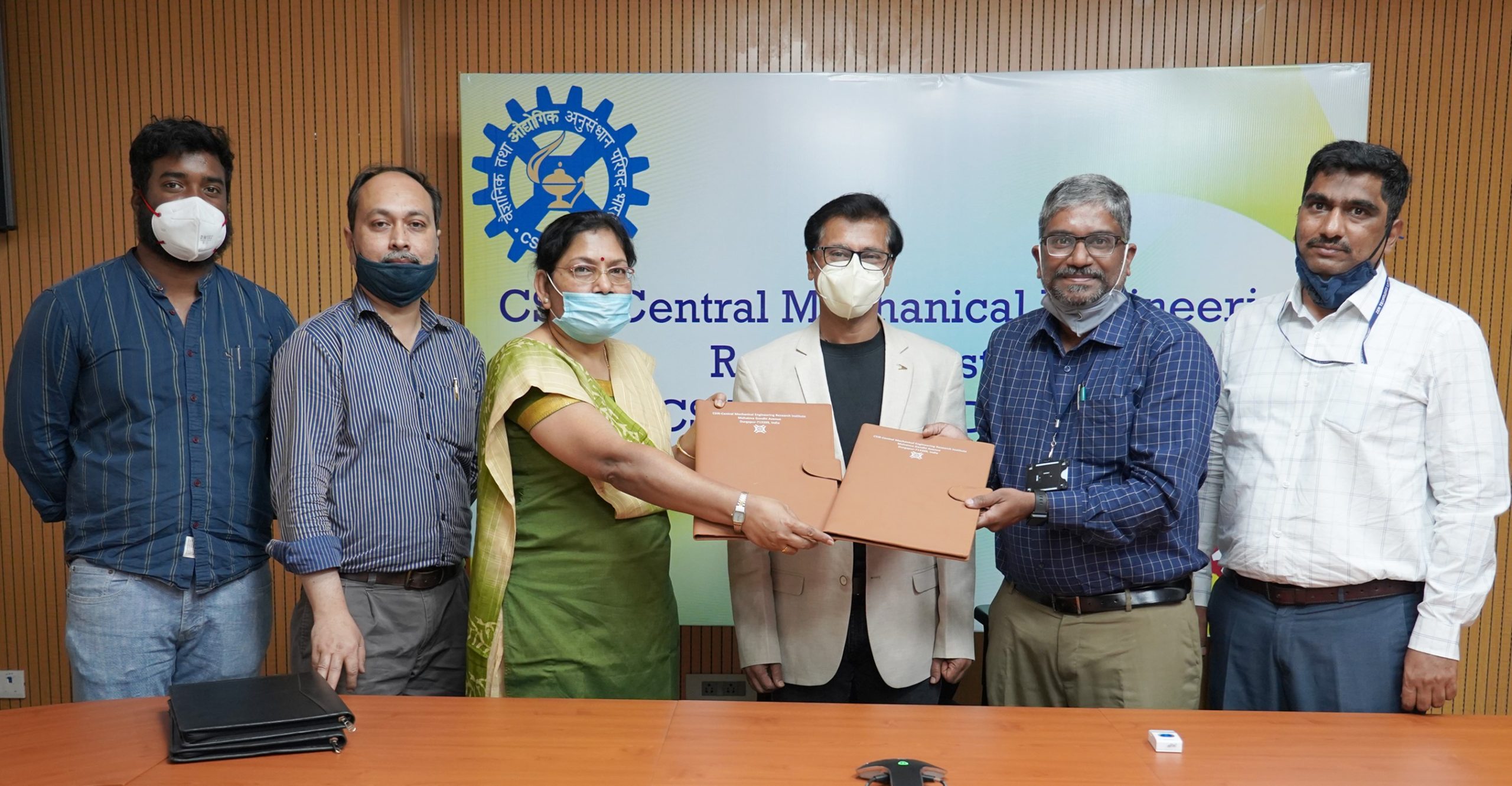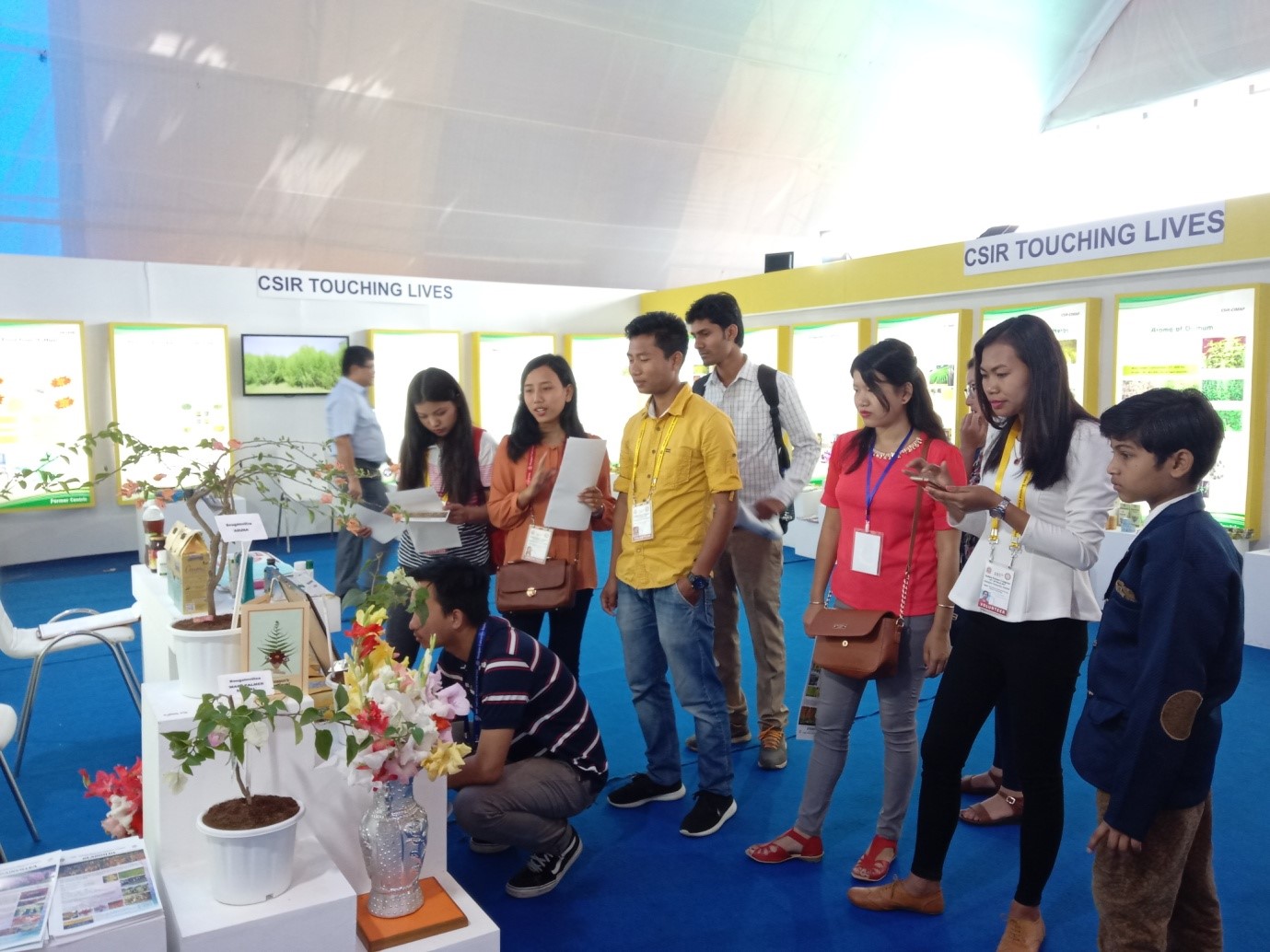
Young Indian Innovators All Set To Compete With Best Brains from 78 Countries
- News
- 1.9K
Obesity is on the rise globally, emerging as a major public health challenge. While sedentary lifestyle and unhealthy diets are major causes, there are several other contributory factors which are largely ignored.
Obesogens are a class of what are called endocrine disruptors. These chemicals inappropriately alter lipid homeostasis, change metabolic set points as well as regulation of appetite and satiety to promote fat accumulation. They are found abundantly in the environment including plastic bottles, metal food cans, and detergents and are, therefore, difficult to avoid.
Tanya Goyal and S.M.C. Ganesh from Maharaja Agrasen Public School in Delhi have found that freshwater algae named Chlorella Pituita could be a solution. “We have conducted four experiments including triglyceride assay to check fat storage and expression of genes associated with adipogenesis and fat accumulation. The results showed that the algae helped in the regulation of genes against activation induced by obesogens,” the children said while speaking to India Science Wire.
The two are now all set to go to America to make a presentation at a global meet for young innovators being organized by Intel at Pittsburg from May 13 to 18. As many as 1800 young innovators from 78 countries would be competing for about USD 34 million in awards.
Antara Raaghavi Bhattacharya of C.D.Somani Memorial School, Mumbai, has been trying to analyze data from NASA’s exoplanet archive and Exoplanet Orbit Database. “In the last few years, many exoplanetary systems have been discovered, especially by NASA’s Kepler mission. Much recent work has focused on finding other Earth-like planets within potentially habitable zones around stars. However, a lot of exoplanetary data has still not been fully analyzed. I am looking at those data”.
In all, 25 school children are participating in the competition from India. The other projects that are to be presented include a diagnostic tool to identify spatial abilities in scholastically classified slow learners, a new approach to help curb malignancy of tumor cells, a portable real-time data acquisition device for lake water quality monitoring and mapping and a project for non-invasive detection of asymptomatic heart attacks using bioelectric. Another selected projects are designed for the better understanding of formation and evolution of planetary systems by looking into understanding by Antara Raaghavi B.
The programme is part of a partnership between Department of Science and Technology (DST), Indo-US Science and Technology Forum and Intel, known as the Initiative for Research and Innovation in Science (IRIS). It is conducted annually for school students of class 8 to 12. They compete in 17 subject categories.
Flagging off the 25 strong young innovators team at a function here on Thursday, DST Secretary Ashutosh Sharma expressed confidence that students would bring a lot of laurels to the country. So far, 115 Indian students have won 132 awards, competing against more than six million children of their age group from different parts of the world. (India Science Wire)
By Sunderarajan Padmanabhan
For the latest Science, Tech news and conversations, follow Research Stash on Twitter, Facebook, and subscribe to our YouTube channel


